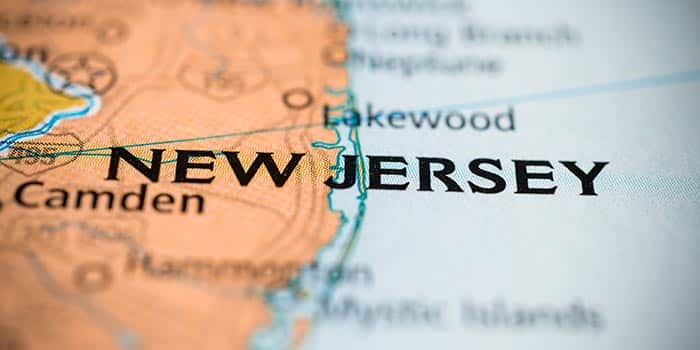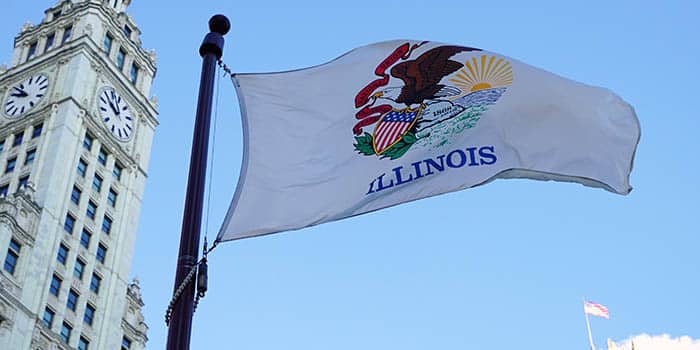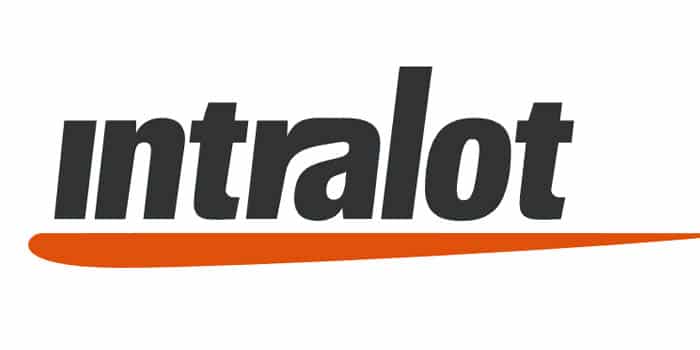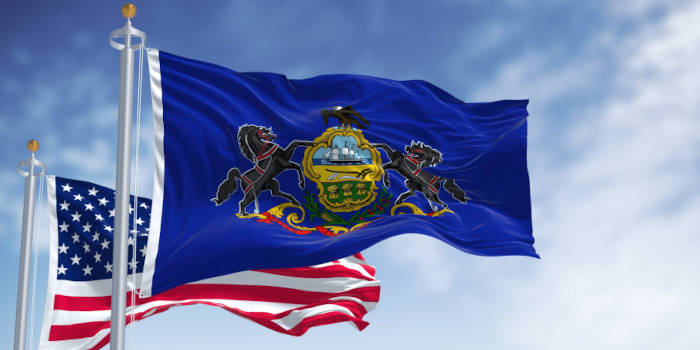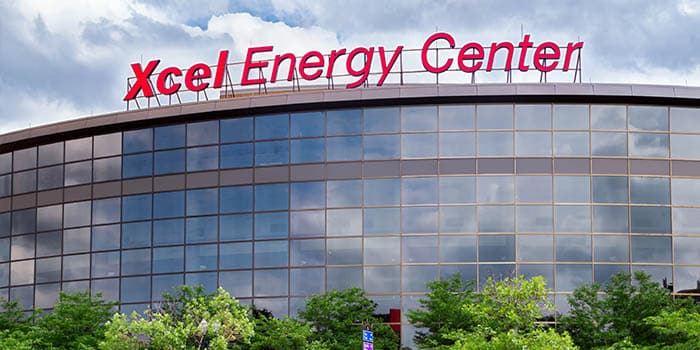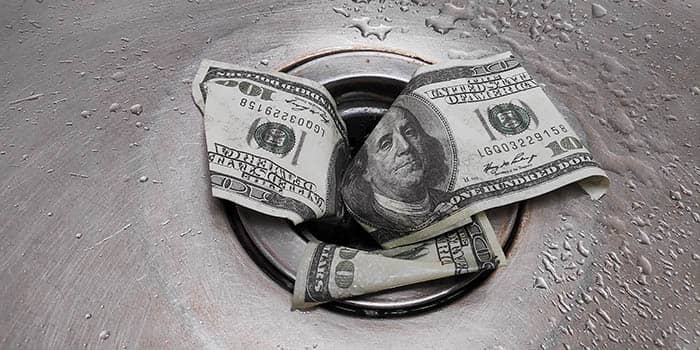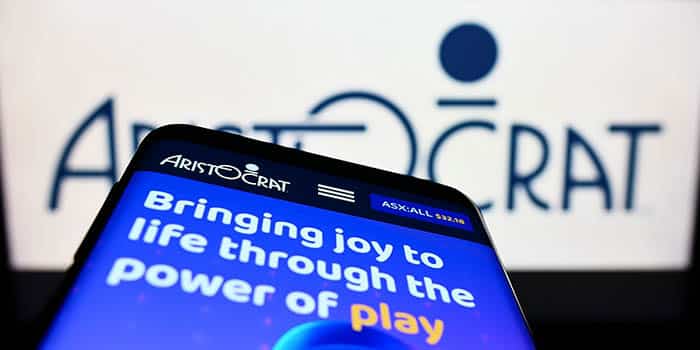- Casino
- By State
- Alabama
- Alaska
- Arizona
- Arkansas
- California
- Colorado
- Connecticut
- Delaware
- Georgia
- Florida
- Hawaii
- Idaho
- Illinois
- Indiana
- Iowa
- Kansas
- Kentucky
- Louisiana
- Maine
- Massachusetts
- Maryland
- Michigan
- Minnesota
- Mississippi
- Missouri
- Montana
- Nebraska
- Nevada
- New Hampshire
- New Jersey
- New Mexico
- New York
- North Carolina
- North Dakota
- Ohio
- Oklahoma
- Oregon
- Pennsylvania
- Rhode Island
- South Carolina
- South Dakota
- Tennessee
- Texas
- Utah
- Vermont
- Virginia
- Washington
- West Virginia
- Wisconsin
- Wyoming
- By State
- Slots
- Poker
- Sports
- Esports
Full House Asks Indiana Court to Reject Churchill Downs’ Casino License

Someday, a casino regulator will be able to issue a license without the decision ending in a lawsuit. That day won’t be today, as Full House Resorts is now targeting the Indiana Gaming Commission (IGC). The casino operator is unhappy that it lost to Churchill Downs for a casino project in Vigo County last month and wants things changed. Unlike other cases, Full House might have a solid argument this time.
Full House Goes After the IGC
Full House is currently suing the IGC, asserting that the November 17 decision by the regulator to award the Vigo County gambling license to Churchill Downs should now be reversed. The complaint filed Friday afternoon in Marion County Superior Court in Indianapolis alleges that the hearing violated Indiana’s Open Door Law. It was argued that the Gaming Commission adjourned in an executive session to address the proposals during the hearing.
The Indiana code states, “A governing board may not conduct an Executive Session during a Meeting,” according to the lawsuit.
It continues, “After the mid-Hearing executive session, which contravenes the Open Door Law, the Commission returned to the Hearing. Without any public debate, comment, discussion or explanation, the Commission voted to deny Full House’s application and grant Churchill’s application.”
Full House Argues It Has a Better Deal
In addition to the legality of how the decision was reached, Full House is also arguing that it proposed a better package, the $250-million casino American Place. It says that it spent a lot of time and money to secure a highly visible site, which can be seen by approximately 11 million cars annually. Full House’s project was designed as a type of billboard that could advertise itself to those millions of vehicles that pass every year.
Churchill Downs, however, proposed a more private site just off Highway U.S. 41. The site, which would host a $190-million, 10-story property, is near a county prison and a sewage treatment site. Full House argues that the project is less attractive, as the rooftop bar looks out over the treatment plant.
Full House’s suit asserts, “The nature of a sewage treatment plant in such close proximity to a public entertainment venue is counter-intuitive to any prudent, rational individual; the same can be said for locating an entertainment venue near a county jail.”
Churchill’s suggestion to create an alternate site was also considered a violation of licensing rules.
Full House’s complaint explains that Churchill’s presentation during the Hearing contained an attachment, which was never publicly presented. It included an illegal addition for the casino that Churchill had not contracted to have, located near the Terre Haute airport. The company’s proposal that multiple sites be proposed should have been disqualified because Indiana law requires that only one location is included in the application.
The complaint requests the court to declare that Churchill Downs violated the state’s Open Door Law. It wants a court to annul the decision to deny it the license and to prohibit Churchill Downs from obtaining a license.
Erik brings his unique writing talents and storytelling flare to cover a wide range of gambling topics. He has written for a number of industry-related publications over the years, providing insight into the constantly evolving world of gaming. A huge sports fan, he especially enjoys football and anything related to sports gambling. Erik is particularly interested in seeing how sports gambling and online gaming are transforming the larger gaming ecosystem.
Previous Article

Industry
December 20, 2021
Alabama Lawmakers to Try Expanded Gambling Legislation Again in '22

Must Read
Industry
June 27, 2025
Las Vegas Sphere Bashed for Charging $170 for Pizza
More Articles


